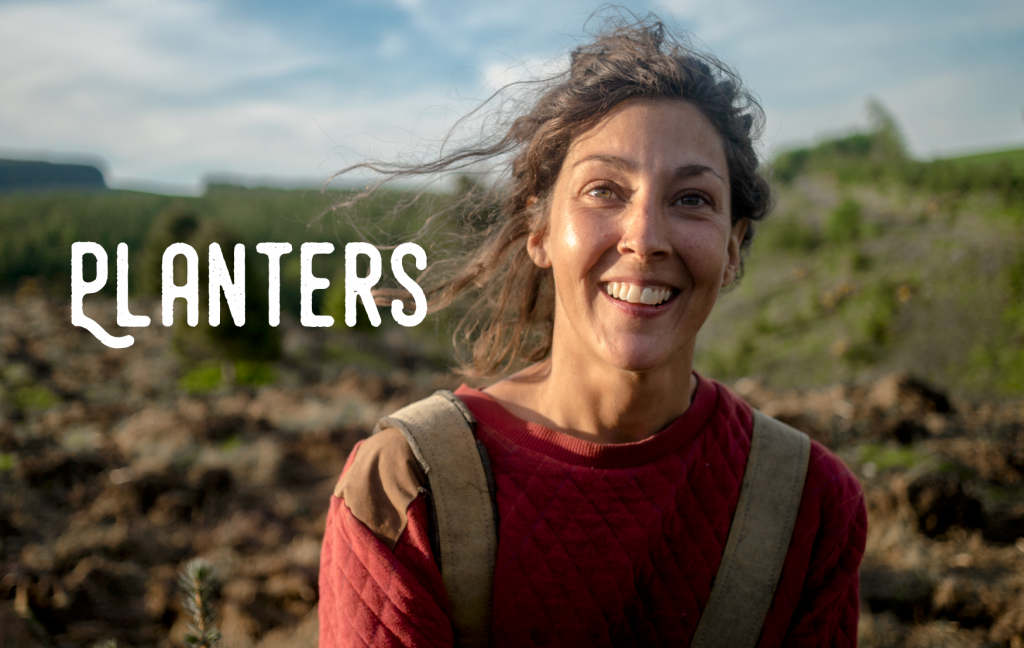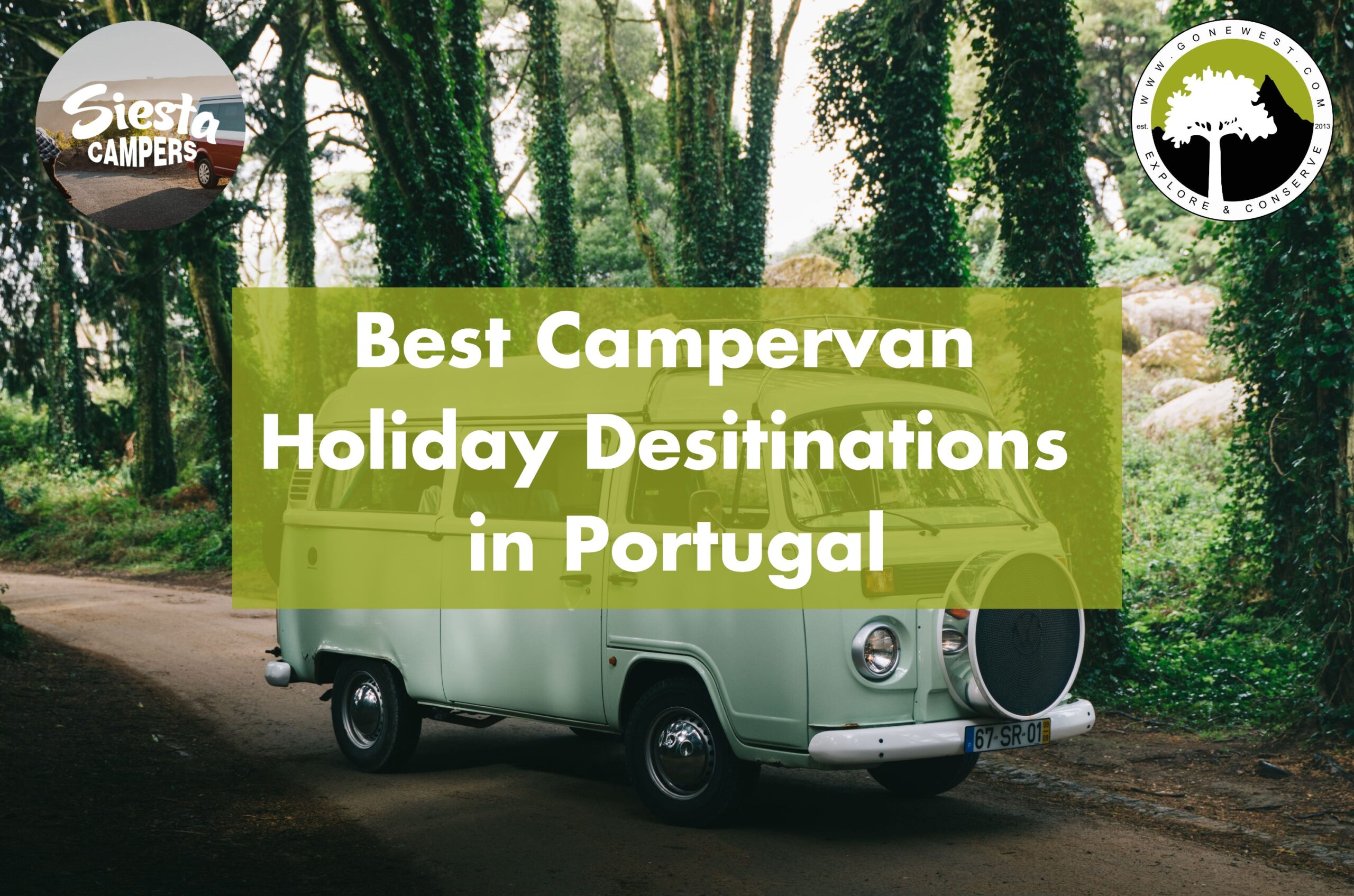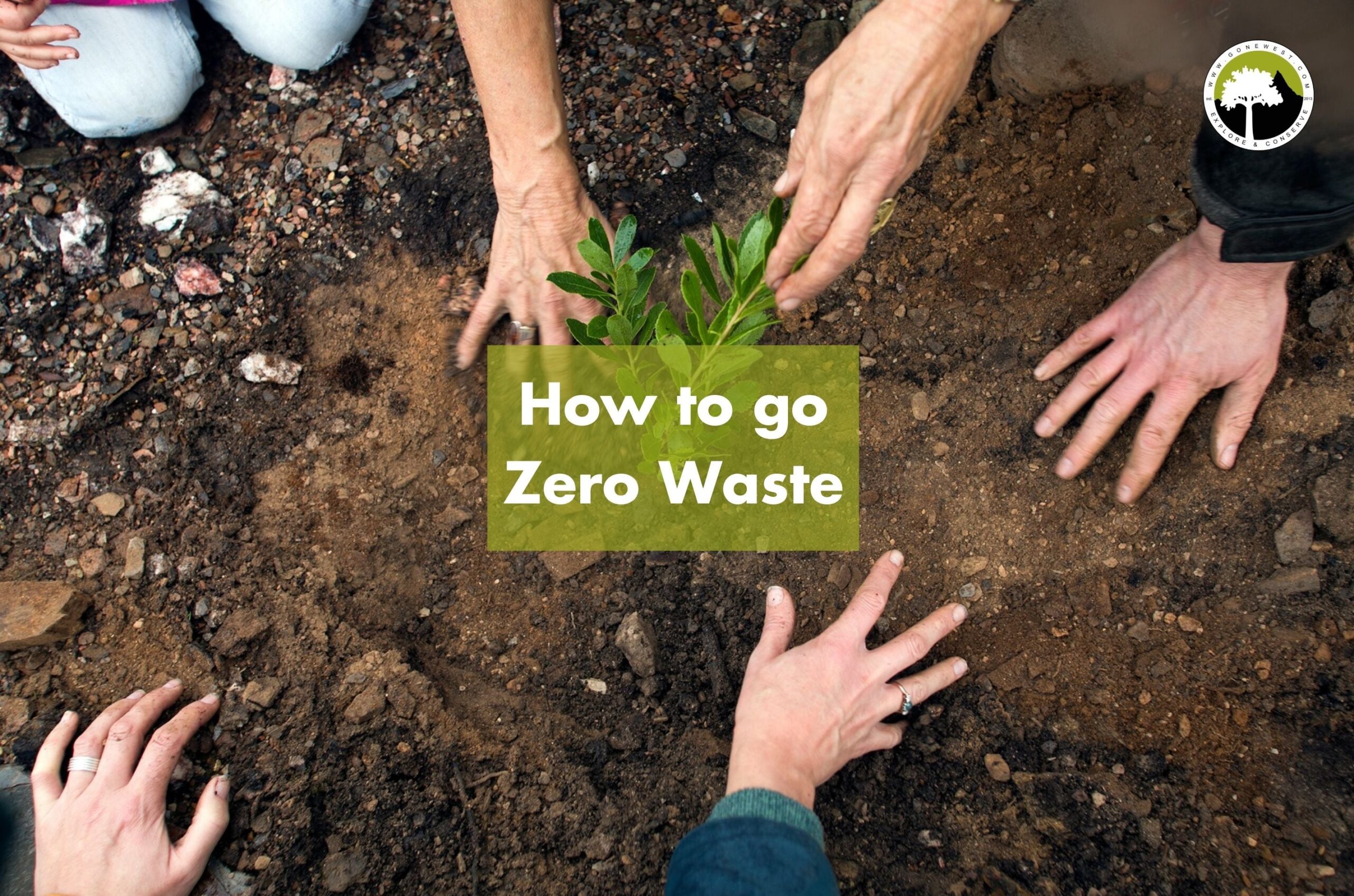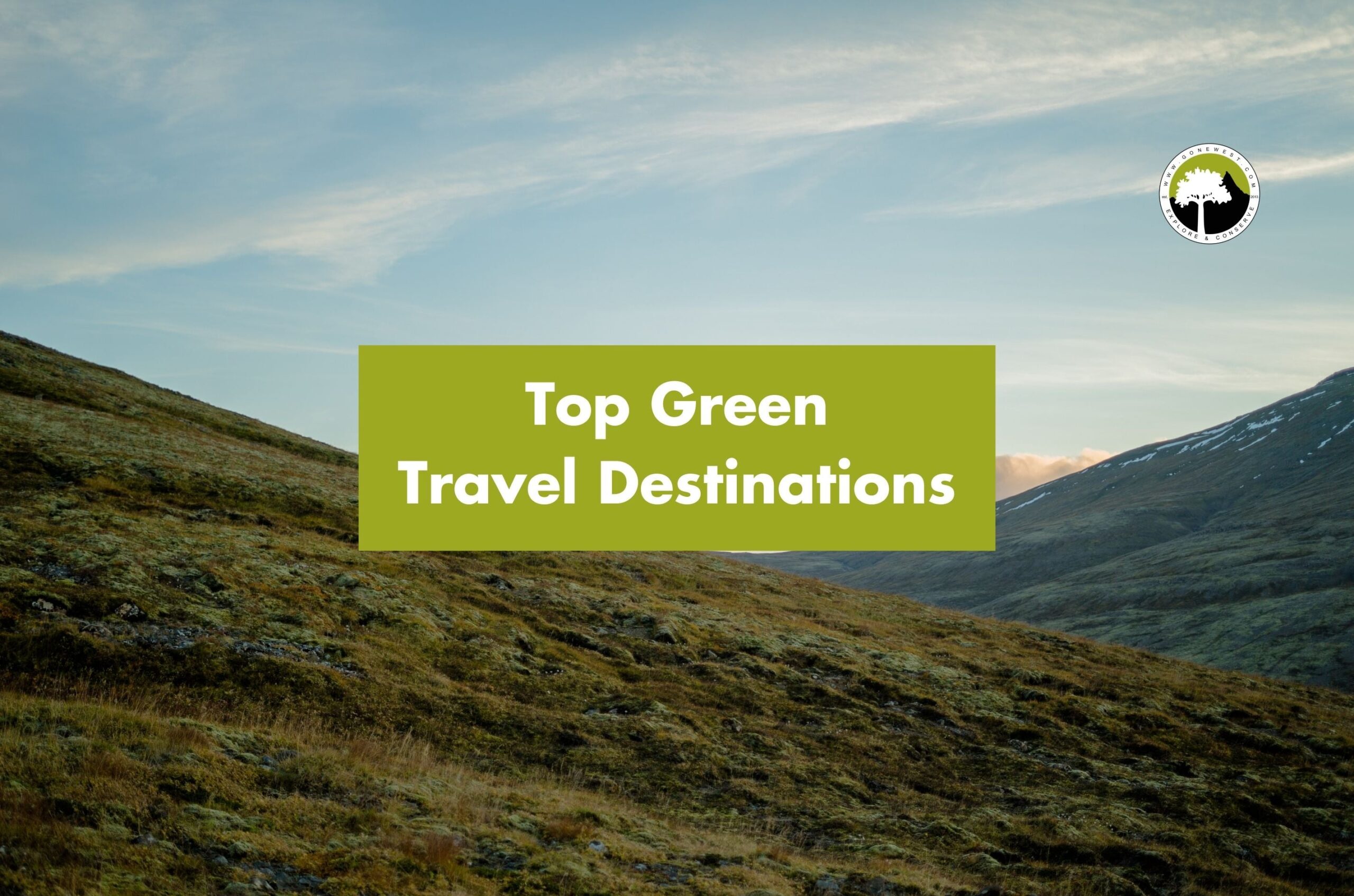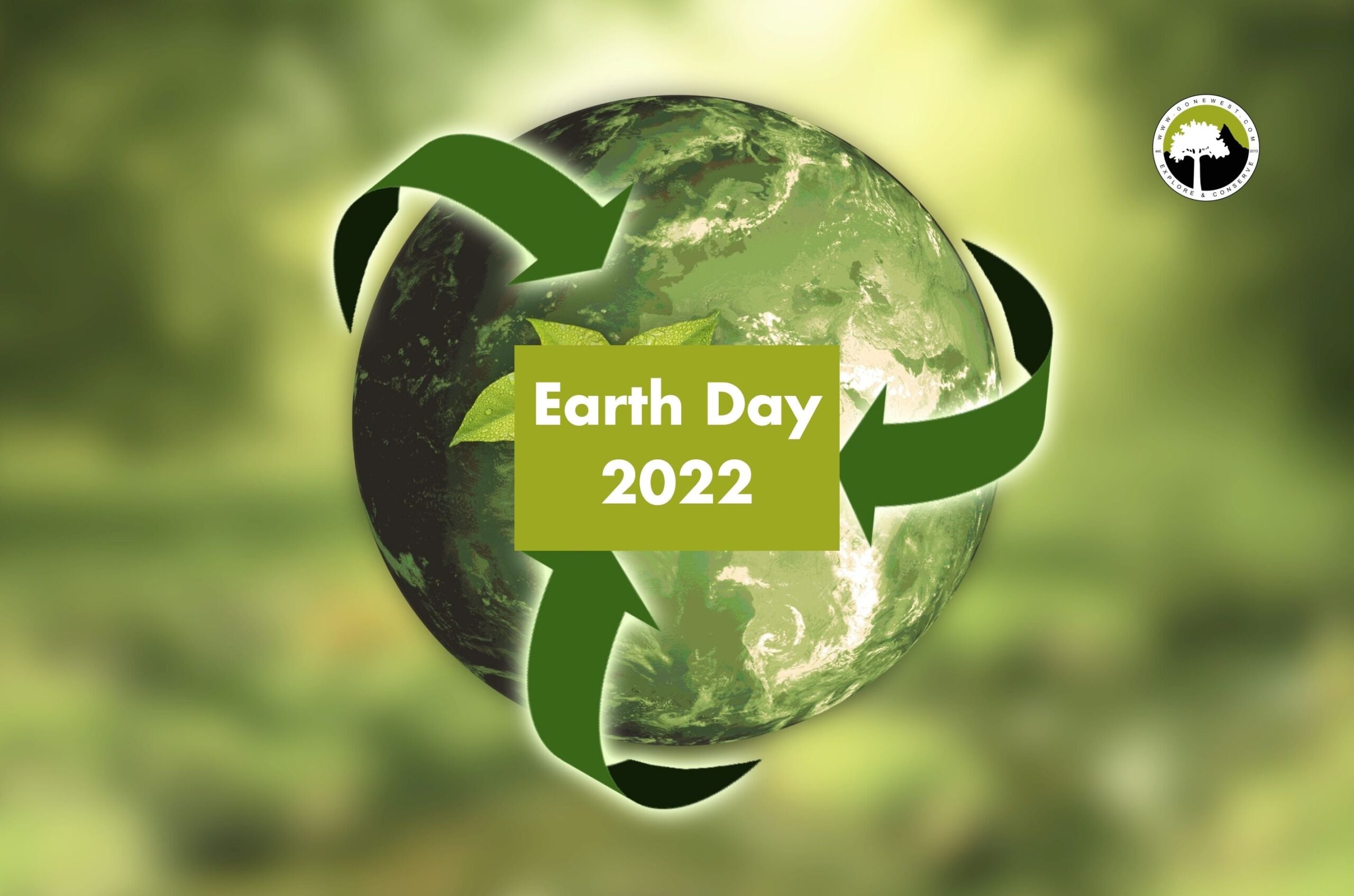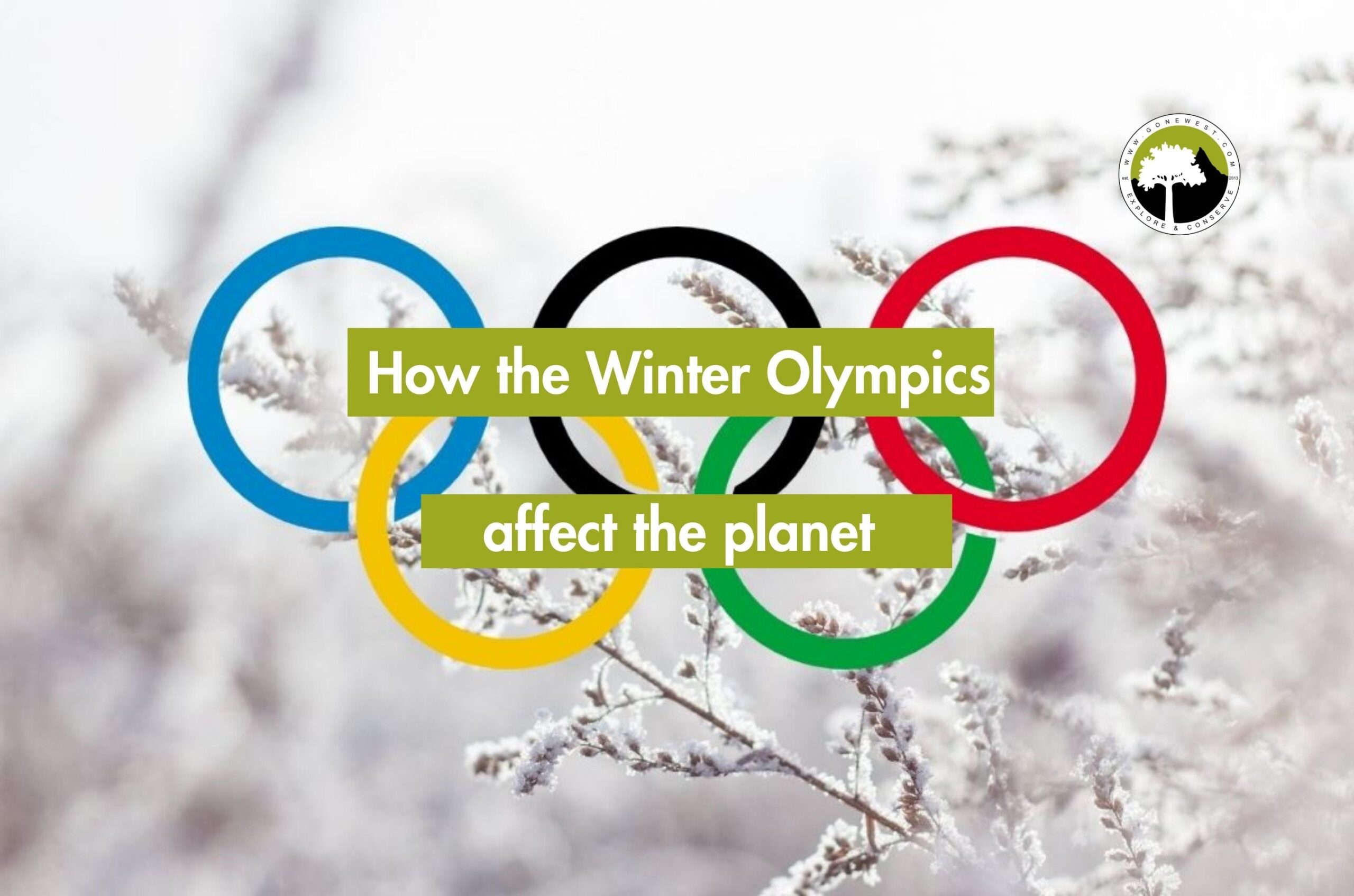Nobel Peace Prize Laureate, Aung San Suu Kyi, was quoted saying “If you are feeling helpless – help someone”. I can’t think of a more apt quote to help us get through current testing times.
With a quarter of the world’s population under some form of lock-down or quarantine, the media has been awash with news stories of Covid-19, struggles on front-line in multiple cities and towns, charities struggling to operate, the many homeless still on the streets in England and mental health challenges on the rise (which appear to be far worst than previously predicted). The impact of the current situation, over and above any illness suffered, has hit us as people hardest, especially those who are the most marginalised in society.
For all the bleak reporting, positive environmental stories have broken through with talk of reduced emissions, better air quality, a revival of wildlife, deer in East-London parks and wild goats enjoying hedges in the middle of Welsh cities. Yes its exciting!
We’ve seen with our own eyes the positive aspect of the world being forced to slow down but what happens when life goes back to a semblance of normal? Does Nature’s party end? After months of introspection, will we all return back to ‘Business-as-usual’?
Questions for wider consideration would be why is supporting the most marginalised in society always near the bottom of the political agenda? Why despite being hailed as some of the most advanced nations are we still unable to solve the problem of homelessness in the West? Why wasn’t and still isn’t there more readily available PPE for healthcare workers, especially when the current crisis was one that had been for-seen?
Perhaps the most puzzling question of all; Why is preservation and revival of nature and the environment almost always at the very bottom of the pile when it comes to priorities for political consideration?
With or without a crisis, it’s impossible not to notice how greatly human survival is underpinned by politics. We are living this right now in this moment.
What of the tragedies suffered by nature and our environment as a result of Covid-19? If we believe Covid-19 is scary, do we not understand that the results of climate change will be worse? If so why does it appear that Rishi Sunak’s monumental financial rescue package will mean all the commitments made to by this government towards increased nature conversation and restoration will stop?
A story published in the Times on Mar 30th, spoke of 750,000 young trees, of which 500,000 two-year-old oaks were going to be mulched or burnt. Why?
Because government grant’s for reforestation projects have been cut or delayed due to Covid-19. This meant the nursery who spent 2 years growing these trees, ditched in part because their value is environmental as opposed to functional, will now not only have to destroy them but suffer a whopping £1M in lost revenue.
It appears Covid-19 is lethal for nature and business. Especially those businesses that support the provision and protection of nature. If long term solutions that make our society more resilient to climate change are de-prioritised, to my mind it’s no different to the government deciding not to increase manufacture supplies of PPE even though they suspected a viral pandemic was just around the corner… and we all know what happened next!
What can WE do about this? In November last year, I gave a talk on “The Future of Sustainability and Business” (you can find it here). I spoke specifically on how companies would have to pivot and adapt to survive. There would need to be, increased focus on building communities to develop resilience in their operations and focus on people, planet and profit combined as measures of business success, rather than solely profit. Equally important, I spoke of the role of all of US as everyday citizens in environmental preservation. Not how we change ourselves but how we can work as a collective community and support the changes vital to our survival and the thriving of a sustainable society.
The biggest mistake we can make is thinking that our governments have the ability to save us. If Covid-19 teaches us anything, it’s that tackling crisis, emergency and societal shifts require multi-lateral solutions championed not only by government but also spearheaded by we, the people.
Remember those trees I mentioned? I want to help save them, not just because planting trees help climate change, (trees do way more than that) but because it’s time we took solutions into our own hands and empowered one another to be part of these solutions, rather than pointing fingers and waiting for someone else to come and rescue us.
Together with Gone West, I have launched “Acorns To Oaks“, a campaign to rescue those 500,000 oak trees, and I’d love you to get involved.
Why?
Because the hidden victims of this crisis (nurseries, forestry workers, the homeless and charitable institutions working on the front-lines) are yet to be spoken for. The fall out of Covid-19 means the development of future vital services that nature provides, that we need for our human survival, are being de-prioritised.
It’s time we showed each other that as citizens we have ability to support societal impact and that businesses are part of the solution not the problem (think of trees as natures version of PPE for not only us but all living things).
So what do you have to do?
Just spare £10 to save the life of a tree which will have a radial impact.
- Your £10 will help save one tree from being destroyed and given a home, which in turn will help nurture and save a life in a way even governments don’t have the ability to quantify, whilst keeping forestry workers (our unsung key worker heroes) in jobs throughout this crisis and beyond. (P.s – Did you know Forestry is a key work job? Sanctioned during the Great War to maintain key timber supplies)
- Your £10 will go towards supporting young people who are greatly being affected by the current crisis because they are at risk. It will help the development of young people being trained to work on the NHS front line in the midst of this crisis, supported by the Princes Trust.
- Your £10 will help up-skill young people who will be planting our trees for our future to become qualified in forestry and provided with the necessary equipment, thus ensuring that in the medium term there are jobs available to young people whilst the economy as we know it begins to change.
- Most importantly your contribution will help you to stop feeling helpless.
Never do we have the ability to do so much for so little, except when we decide to help others. So, are you with me?
Article written by guest contributor: Nimisha Brahmbhatt
Stay in the loop

